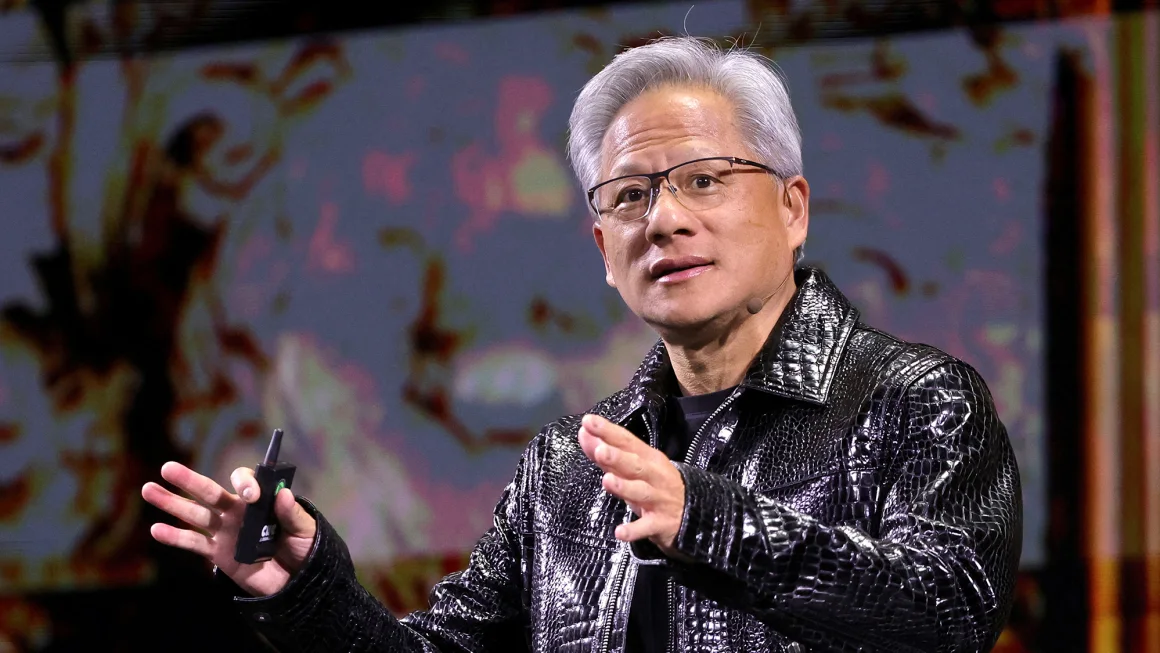Facebook Whistleblower Claims Meta's Arbitration Demands Prevent Congressional Testimony
- by Chris White
- about 7 months ago
- 122 views

Sarah Wynn-Williams, a former executive at Facebook turned whistleblower, alleges that Meta is obstructing her ability to speak before Congress regarding her revelations about the company. The issue stems from arbitration proceedings following the release of her memoir, "Careless People," which exposes her contentious experiences within the social media giant.
Meta swiftly moved to halt Wynn-Williams from promoting her book, labeling its claims as “out-of-date” and “false.” On the very day of its publication, the company filed for arbitration, asserting that Wynn-Williams had violated a non-disparagement agreement signed upon her departure. A subsequent emergency order from the arbitrator has temporarily prohibited her from making any negative statements about Meta or discussing her memoir.
This order has hindered Wynn-Williams from responding to inquiries from lawmakers across multiple countries, including the United States, the United Kingdom, and the European Union, who wish to discuss issues raised in her memoir. These include Meta's dealings with the Chinese government and the company's alleged detrimental effects on teenage girls.
Wynn-Williams' memoir offers poignant insights into the company, including its attempts to penetrate the Chinese market and allegations of sexual harassment involving now-policy chief Joel Kaplan. While she is permitted to engage with law enforcement entities regarding potential violations, the arbitrator’s ruling restricts her from communicating with legislative bodies.
Despite the legal hurdles imposed by Meta, Wynn-Williams’ book has managed to debut on the New York Times bestseller list, indicating a substantial public interest in her account. Her lawyers argue that the current suppression of her voice contradicts the public interest, particularly given the scrutiny Meta faces over its role in social issues.
Wynn-Williams, who spent six years at Meta and was terminated in 2017, contends that her firing was in retaliation for reporting harassment. As Meta continues to face scrutiny and calls for testimony from former employees, the implications of Wynn-Williams' situation raise significant questions about whistleblower rights and corporate accountability in the tech industry.






0 Comment(s)